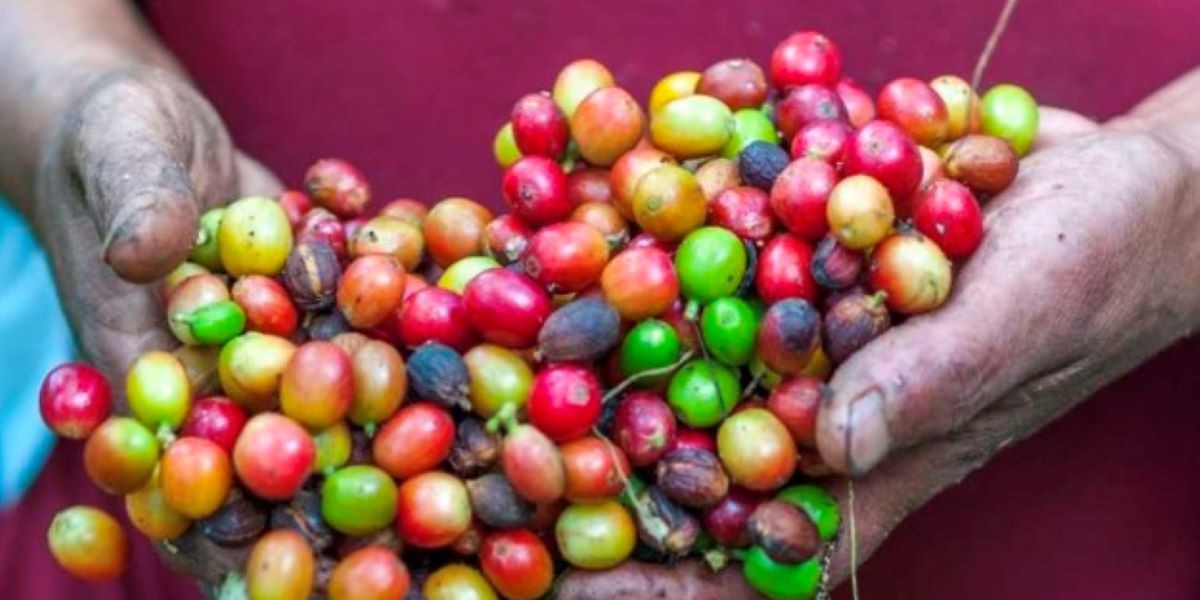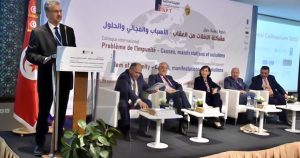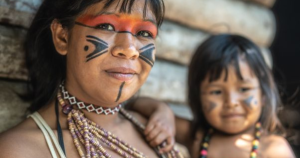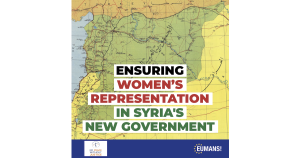A brief on the failure of food distribution policies in Brazil – by Savannah Grant and the NPWJ Amazonia team, March 2023
Since the mid-1970s, a nutrition transition has been observed in the indigenous peoples of Brazil, where diets based on traditional cultivation and food production activities – such as fishing, hunting and harvesting – are increasingly substituted with ultra-processed, high-fat foods and a sedentary lifestyle. As a result, The indigenous peoples of Brazil face what is often labelled as a “cultural genocide” or “genocide by omission” and experience challenges to their ways of life by policies that effectively deprive them of conditions essential for maintaining health, culture and overall survival, which intensified with the COVID-19 crisis.
Many factors contribute to this nutrition transition, including unfavourable socioeconomic and environmental conditions. While the transition has led to a rise in chronic disease and obesity in indigenous populations in Brazil, it is also closely related to the rising rates of undernutrition in those groups.
Despite several efforts made by Brazilian authorities, such as Cestas Basicas and Bolsa Familia, assessments carried out in different indigenous communities report high frequencies of families still in situations of food insecurity, very far from ideal food sovereignty. Furthermore, these policies resulted in adverse consequences related to rising health-related issues, undermining indigenous cultures and traditions, environmental harm caused by food packaging, and increased vulnerability of indigenous peoples, all due to the absence of cultural sensitivity and accuracy. Therefore, Brazil’s inability to guarantee food security and its disregard for indigenous peoples have resulted in the infringement of domestic constitutional principles, internal regulations of various kinds, and international human rights law.
- Download the Briefing (in pdf format)
For further information, please contact Juan José Guzman, Amazonia Project Associate, on jguzman@npwj.org or Nicola Giovannini (Press & Public Affairs Coordinator) on ngiovannini@npwj.org.




